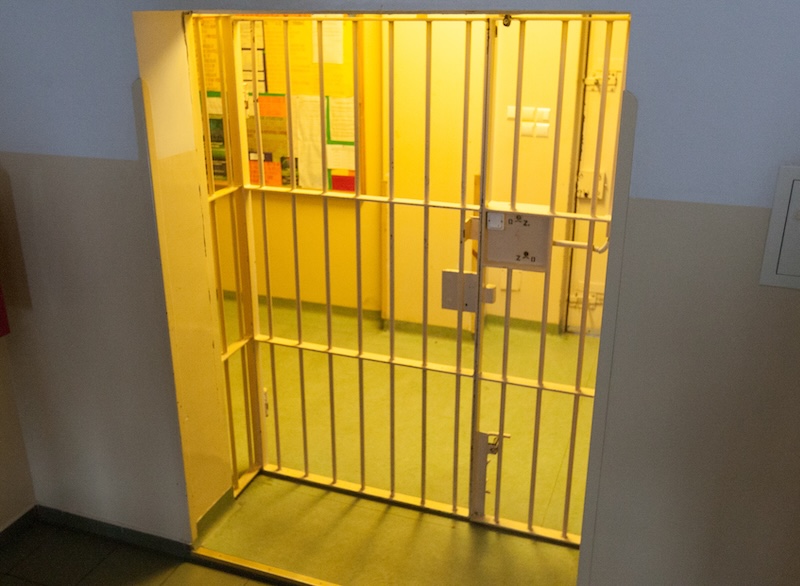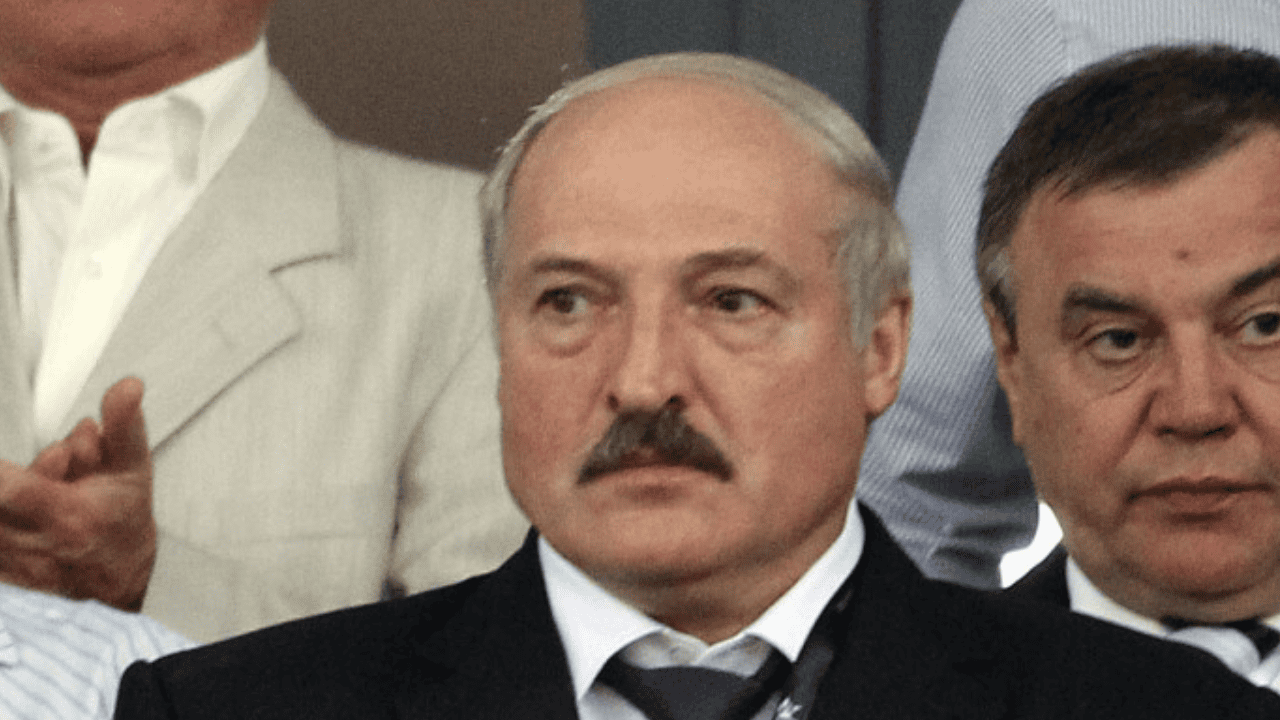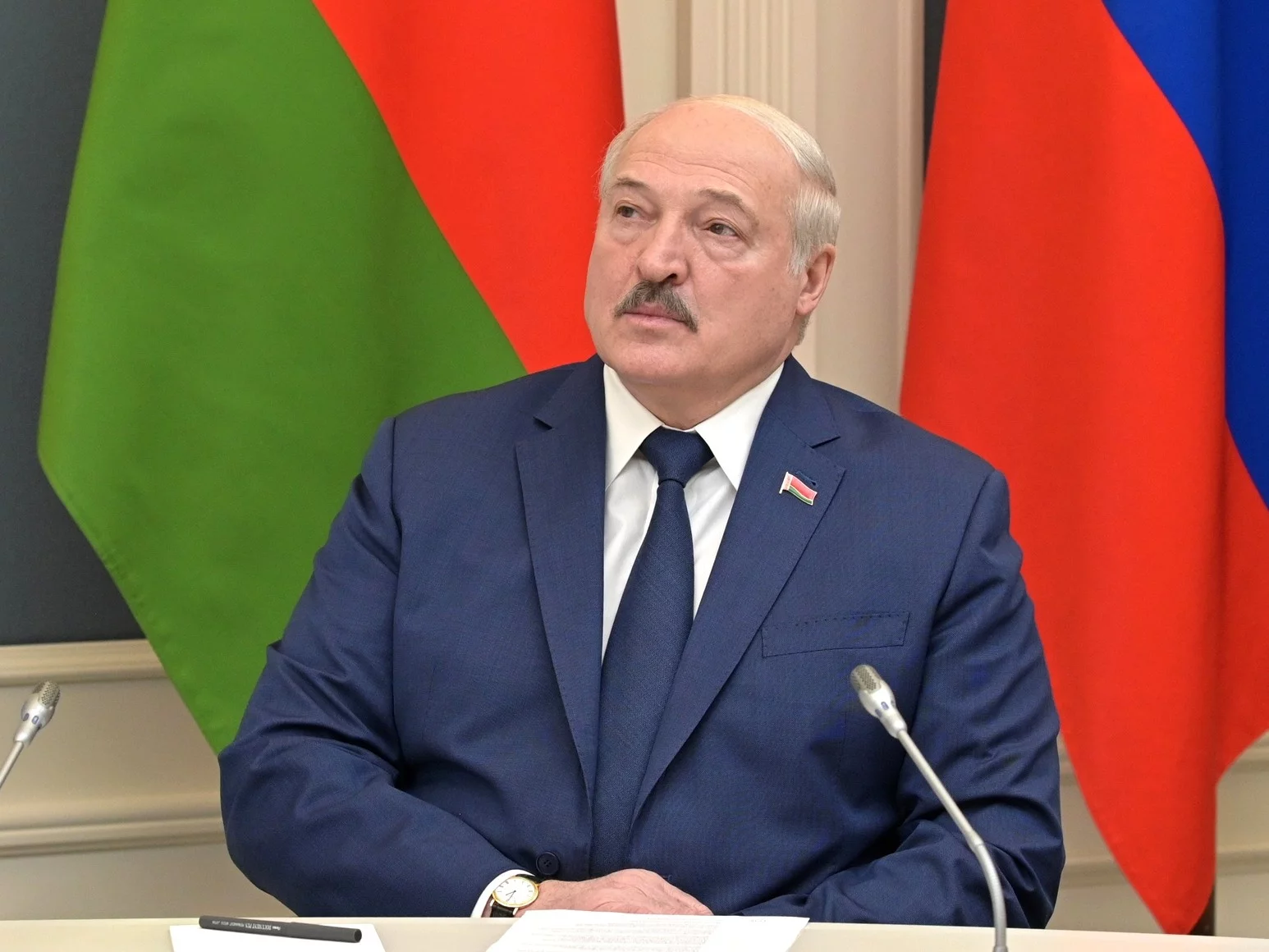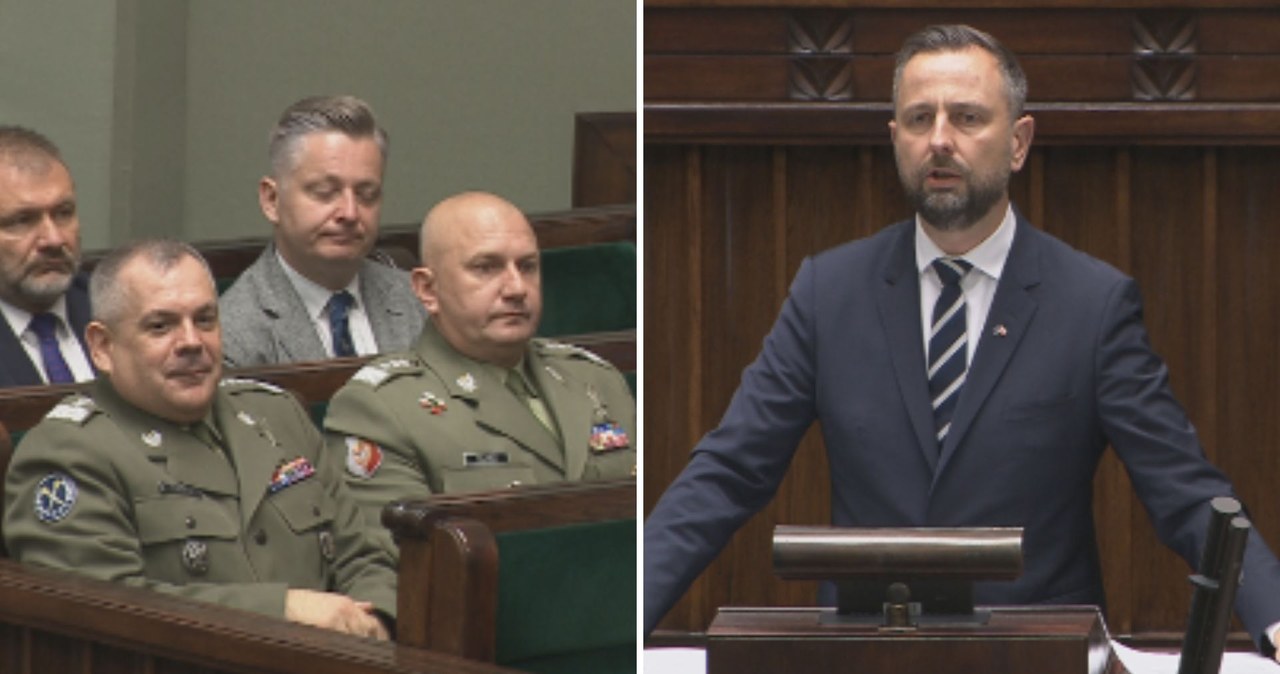Recently, a right-wing MP, utilizing a fire extinguisher, fulfilled the demands of a secular state. The disturbance in the spiritual ceremony in the Sejm caused a peculiar outrage to the parliamentary formation called the "left", which demanded an appeal from the bureau of the parliament typical of the formation to which this associate belongs. It is amazing that it is precisely the alleged “levice” that proudly credits itself with the request of “the secular state” and its typical disrupted the Catholic spiritual ceremony held in the church. It is worth considering here how an alternate and rational approach to the religion and church of the authentic left might look.
Historically, the left's critical attitude towards the church resulted from various – above all class factors. Since the French Revolution, which has established the division into the axis of the “left-right” clergy, being an elite, privileged state, has been alien to the lower states for which the left was concerned. The Church – unambiguously associated with the throne – but besides functioning not necessarily in parallel with the teaching she preached, in the eyes of the "enlightened" seemed obsolete. If we look at the last century, after years of large influence of the Church on the state (e.g. the exclusiveness of church vows) and the fight against the Church during the Stalinist period, we are at a historical point where the relations of the state and the Church depend mainly on the policy pursued.
Today's liberal “levice” considers the abolition of the concordat almost a priority. He besides spends quite a few time on idle discussions about the cross hanging in the plenary hall of the Sejm. They devote more time to the matters of taxing the clergy and bringing spiritual lessons out of schools than the remains, inactive remaining in their program proposals to social, surviving or housing matters.
It is worth considering whether this is simply a way to nowhere. After all, the early Christian community was the personification of the perfect left.
The demonstration of the fight against the Church is, in my opinion, meaningless. On the 1 hand, for ideological reasons. The chief ideas of the Roman-Catholic and Christian religions with chief leftist ideas are mostly identical. A good example here are the ideas of justice, equality or human dignity. A community of people in which there is to be no better and worse, mediocre and rich, where everyone is equally appreciated and where they effort to build a better planet defines both the perfect left organization and the parish community. However, it takes a comprehensive look to adopt this combination. The Church is simply a much broader concept than the radically old-fashioned parish priest of a tiny parish, from the political typical of the episcopate or even the manager of a certain radio. Similarly, the left is more than 20th century dictators or present-day representatives of circumstantial minorities. A large group of “ordinary” people with common religion or views is at the core of both groups. The cordial left is Pope Francis, who said: “They talk about me as a Communist. And it is the communists who think like Christians.” In turn, clearly left-wing leaders like Chavez or Morales pointed to the proximity of left-wingness to religion. The left in these times and conditions fighting the Church is unbelievable.
On the another hand, for tactical reasons. In Poland, the vast majority of citizens have been believing for years. This was known by the leaders of the Polish People's Republic who agreed to any concessions (for example, the restoration of religion to schools for any time, the visit of Gierek to the Vatican, the visit of the Pope to Poland, the behaviour in the army of chaplains or the construction of many churches in the 1980s). "The progressing laicization" and thus the lower percent of past years of people going to church all Sunday over which various atheistic organizations delight does not change the fact that even people going to church only on holidays are inactive believers and have any connection with the church. The transfer of the basic political dispute from the economical axis to the worldview axis buried the “left”. The programme anti-clericism of today's “left” can bring its support to anti-cleric people who consider the fight against the Church a priority. Meanwhile, the eternal electorate of the left, which due to today's alleged "left", has dispersed among another parties, so people working usually have more conservative and conventional views. In the statistic of the fresh election, workers mostly supported the Law and Justice and there is nothing to be offended by, and lessons should be drawn. I am shy to propose that economical demands can be more crucial to most people than fighting a wooden tiny object on the wall of the Sejm. The electorate of today’s “left” is the most rebellious youth, but it would be worth trying to get an worker electorate. The hypocrisy of the environment, which disturbs Masses and is eager to show resentment towards the institutions of the Church, is besides a strong advocate of Judaism's candles in the Sejm.
The attitude of the left to the Church does not should be hostile. It can be constructive. Speaking about the Church, it is frequently forgotten that this 1 besides carries out a broad charity activity, which in healthy and correct relations between the state and the church could supplement the state's action where the state's activity is not satisfactory. The Church's educational activity is criticised for its spiritual message, but this can service as a complement to state education. The medical and pharmaceutical activities of the Orders are not primarily for profit, which differs from those of pharmaceutical companies. This is not about concrete cooperation, but about coexistence beneficial to both parties. The Church has a much greater influence on society than any organization on today's political scene, and it besides sets certain standards of conduct and values which it seeks to enforce in its faithful. These mostly aim to establish good and affirmative attitudes and do not presume the spread of hatred or lynching towards people who do not want to adhere to these standards. Of course, the attitude of a state ruled by the actual left or ruled by any another organization cannot trust on ordering anyone to believe, but it guarantees specified a liberal “left” constitution.
I have the impression, as a Catholic and leftist, that the obsessive conflict of today’s “left” with all the manifestations of religion leads to a partial dead end. Recently, we met in the church area on the occasion of the 1 organization's fee gathering – half of the participants were unbelievers – which did not prevent us from singing carols or making wishes at the bell. In the comments of a short recording, a very circumstantial criticism poured out on us, accusing us of being financed by a certain Toruń monk. Most Poles – regardless of their religion – look at specified reactions through the prism of fanaticism and madness, and this will not bring any sympathy or support. However, support and sympathy can bring reason and respect for the majority’s beliefs. It is not essential to look far – in a minute almost all of us will sit down to the Christmas table, which is just an overconfident tradition derived from a religion that no 1 questions.
Jakub Janek
The author is an activist of the Polish Left Movement and Stow.

















